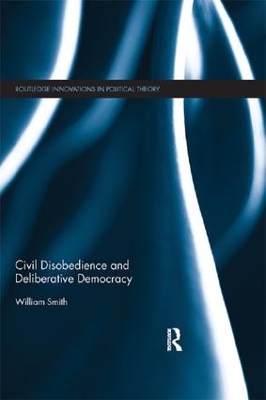Routledge Innovations in Political Theory
1 total work
Civil disobedience is a public, nonviolent, conscientious yet political act, contrary to law, carried out to communicate opposition to law and policy of government. This book presents a theory of civil disobedience that draws on ideas associated with deliberative democracy.
This book explores the ethics of civil disobedience in democratic societies. It revisits the theoretical literature on civil disobedience with a view to taking a fresh look at long-standing questions: When is civil disobedience a justified method of political protest? What role, if any, does it play in democratic politics? Is there a moral right to civil disobedience in a democratic society? And how should a democratic state respond to citizens who commit civil disobedience? The answers given to these questions add up to a coherent and distinctive theory of civil disobedience, which draws on ideas associated with deliberative democracy to forge an account that improves upon prominent approaches to this subject.
Civil Disobedience and Deliberative Democracy will be of interest to students and scholars of contemporary political theory, political science, democratization studies, social movement studies, criminology, legal theory and moral philosophy.
